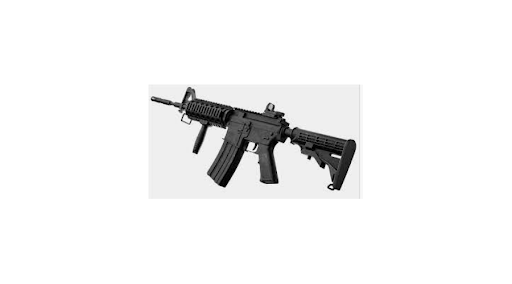4 April 2022
The Solomon Times Online today published an article written by Dr. Transform Aqorau that had first appeared in the Devpolicy Blog (dev policy, org) from the Development Policy Centre at The Australian National University.
I found the article interesting but seize upon just two of the comments in a couple of paragraphs which I quote in part.
Quote.
“However, I do have issues if the RSIPF is going to equip itself with high-powered guns, whether real ones (as supplied by Australia) or fake ones (as supplied by China). These concerns are exacerbated by the current level of secrecy and confusion around the security arrangements. Firstly, it is questionable whether it is necessary for the RSIPF to be armed with high-powered weapons.”
There are also broader questions. Is security created through arming the police? Or should we instead focus on an approach to security whereby the community is recognized as a partner in building and maintaining peace, and build on the long history Solomon Islanders have of brokering conflict amongst themselves? While, as I said, there is nothing intrinsically wrong with arming the police, the focus needs to be on using community policing, chiefs, and youth leaders to broker conflicts. It is unfortunate when the ordinary citizens of the country are viewed not as partners in development, but as threats to the hegemony and hold on power by some people. Last year’s riots and COVID-19 have revealed many underlying governance weaknesses. As I have argued earlier, they are symptomatic of a society that has become increasingly less pluralistic, and of political and economic institutions that have become less inclusive.”
End of quotes.
I read the other day that the rioting and breakdown of public order last November first occurred when the police fired tear gas at the crowd that had gathered at the Parliament to protest at government moves but then peaceful although gathered in numbers.
Once the tear gas was used the protesters became angry and some set fire to a leaf house on the grounds of the parliament building. The anger did not stop at that and having been provoked the protestors surged into Chinatown where arson and widespread looting of Chinese business properties occurred.
The move to Chinatown was not something new for it occurred in 1996 after tear gas was known to have been used by expatriate police members part of the then Regional Assistance Mission (RAMSI)
As Commissioner of Police from July 1997 to July 1999 there was no intrusion into Chinatown because of operational plans and police deployment in place to prevent such an occurrence, but also because in one particular occurrence when a football match was disrupted at Lawson Tama by stone-throwing spectators, I ordered the then Rapid Response Unit not to use tear gas, for I knew that such an action could easily have seen the situation turn ugly and a move towards Chinatown.
The use of tear gas, although a means of minimal force traditionally used during outbreaks of public disorder is known to incite people in the Solomon Islands when gathered in numbers to protest peacefully but generally vocally.
Can one try and imagine what would result from the police using lethal weapons, such as the M4 rifle said to become part of the RSIPF’S arsenal next year? It does not take much imagination to envisage serious injuries to people, even deaths occurring.
I am against all types of high-powered firearms being used in controlling public order disturbances.
I entirely agree that community policing should be the way the police structure their policies and operation and Dr.Transform is right to call for chiefs, youths, and community leaders to assist the police service in maintaining law and order.
The RSIPF must make every effort to train their officers and implement policies that minimize the use of force in the protection of public safety. There is an expectation placed on the police to use authority and force in a way that is fair and only when absolutely necessary.
Yours sincerely
Frank Short



